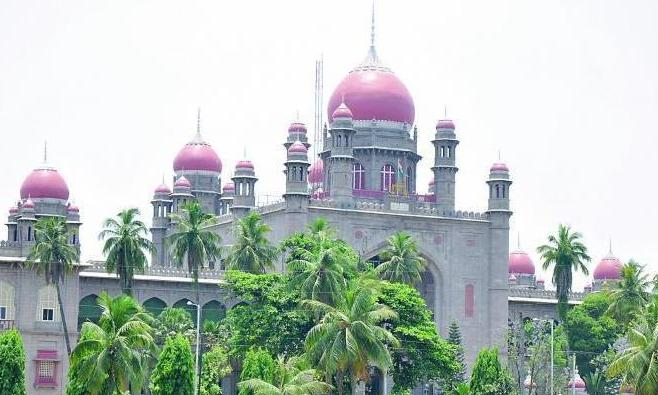HC Clarifies Section on Employing Minors

Hyderabad: Justice K. Sujana of the Telangana High Court ruled that mere employment of a minor in a non-hazardous situation would not attract the provisions of the Juvenile Justice (Care and Protection of Children) Act. Section 79 of the Act provides that "whoever ostensibly engages a child and keeps him in bondage for the purpose of employment or withholds his earnings or uses such earning for his own purposes shall be punishable with rigorous imprisonment for a term which may extend to five years and shall also be liable to fine of one lakh rupees". The judge was dealing with a petition filed by Dhanee Singh seeking to quash a criminal case registered against him by the DCPU Medchal unit officer. According to the prosecution, in January 2023, Operation Smile rescued a child from the accused who runs Karni Interiors at Gundlapochampally and had engaged a minor of the age of 17 years. The judge pointed out that the complaint did not reveal how many hours the victim worked and what salary was paid. "Moreover, the essential ingredient to attract the offence under Section 79 of the Act is that the minor child must be kept in bondage for purpose of employment or the child's earnings should be withheld or such earnings shall be used by the employer for his own purpose, whereas the said allegations are not there in the complaint or in the chargesheet. Hence, considering the facts and circumstances of the case, this Court is of the considered opinion that since neither the victim minor is kept in bondage for the purpose of employment nor has the petitioner engaged the victim minor without paying any amount, the offence under Section 79 of the Act does not attract and the proceedings against the petitioner are liable to be quashed,",the judge concluded.
E.O. can’t issue notice of illegal buildings
Justice N.V. Shravan Kumar of the Telangana High Court disposed of a writ plea challenging the issuance of notice issued by an executive officer of the Lingayat Roadwala Mutt. The judge was dealing with a writ petition filed by Mandava Aruna. She contended that the Mutt issued notices directing the petitioner to stop alleged illegal construction in the petitioner's land, which was illegal and arbitrary. The judge considering the question of law as to whether the executive officer of a charitable Hindu endowment trust has the authority to issue such notices held that the competent authority to issue such notices is the assistant commissioner as per Section 83 of the Charitable and Hindu Religious Institutions and Endowments Act and further held that notice issued by executive officer of the Lingayat Roadwala Mutt was illegal.
HC: Non-mention of provision not vital
The Telangana High court ruled that mere non-mention of a statutory provision would not invalidate a notice issued by a statutory authority. Justice T. Vinod Kumar dismissed a writ petition filed by Ragula Vararaj challenging the action of the GHMC in issuing a second showcause notice to the petitioner without mentioning the Section under GHMC Act for unauthorised construction being illegal. The court pointing out to the law on the issue observed that it was a well-settled principle of law that mentioning of a wrong provision or non-mentioning of a provision did not invalidate an order if the court and/or statutory authority had the requisite jurisdiction. The court noted that since the petitioner has admitted to the unauthorised construction, a mere non-mention of the section under which the petitioner is being issued notice would not constitute a serious infirmity with the Act when in fact the petitioner had undertaken the unauthorised construction.
Gov. role in Common Capital case closed
A two-judge panel of Telangana High Court on Friday dismissed as infructuous a challenge to Section 8 of the AP Reorganisation Act. The panel of the Chief Justice alongside Justice J. Anil Kumar took up a writ plea filed by K.R. Raman. The impugned provision envisages the responsibility of the Governor to protect residents of the common capital of Hyderabad. "It expresses that on and from the appointed day, for the purposes of administration of the common capital area, the Governor shall have special responsibility for the security of life, liberty and property of all those who reside in such area. The powers include the protection particularly law and order, internal security and security of vital installations and management and allocation of government buildings in the common capital area." When the matter was called in the absence of any representation for the petitioner, the Additional Solicitor General Narasimha Sharma pointed out that the saving provision had lived its course and that there was nothing surviving that warranted adjudication. The panel accordingly closed the petition.

